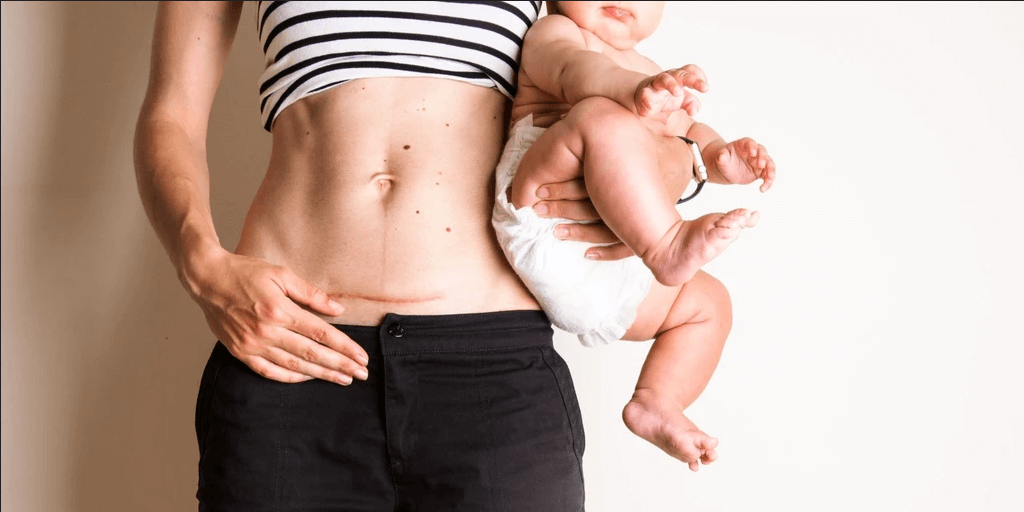The biggest problem we face while trying to eat healthily is pressuring ourselves into dieting, as a result; our bodies link between mental pressure and healthy eating, so dieting is becoming even harder.Planning for the diet in a measurable and achievable way, and forgiving yourself, will help you to commit.The nutritionist will help you with a diet system that suits you and your health.Meet Esaal’s nutritionists and start your year in a bold and healthy way through: https://bit.ly/3ArD5nf Read More

PCOS is a common disorder that affects 4-20% of women of childbearing age worldwide.
Some women follow the keto diet, which is low in carbohydrates and high in saturated fats, to treat polycystic ovaries, as it has proven effective in improving some cases.
Symptoms of polycystic ovaries appear; In menstrual disorders, the inability to become pregnant and the appearance of acne, as well as excess facial and body hair, in addition to obesity.
Do not hesitate to ask for a consultation with the best nutritionist through the Ask website, by choosing the service that suits you, whether it is a message service or video sessions, and services are available in 6 Arab countries with multiple payment options.

Keto diet for polycystic ovaries
Unlike a traditional carb-rich diet, the keto diet is high in fat, moderate in protein, and low in carbs.
The dependence of a woman with polycystic ovaries on the keto diet will make her body obtain energy from fat, due to the low stores of glucose found in carbohydrates.
You will need to deprive your body of sugar; to make it dependent on the fat stored in it; to get energy.
When your body becomes adapted to the keto diet; It will consume the fats from your diet, then start burning your fat stores; to get energy.
How does the keto diet help you lose weight?
A low-carb keto diet prevents you from eating foods that lead to insulin resistance and encourage weight loss.
One study showed that people on a low-carb diet lost 14 percent of their body weight, had at least 50 percent lower insulin levels, and decreased insulin resistance and triglycerides.
Does the keto diet increase the chances of pregnancy?
The answer is yes, as studies have proven that there is a relationship between diet and fertility hormones in overweight women, and they also noticed a significant improvement in reproductive hormones when women followed a low-carb diet such as keto.
Some research suggests that in addition to helping women with PCOS lose weight, a ketogenic diet may help rebalance their hormones and, in some cases, help women with previous infertility problems become pregnant on their own.
Tips when following the keto diet
1- Start reducing carbohydrates gradually, so that your body does not panic if they drop suddenly, for example if you are eating 300 grams per day, reduce the amount to 100 grams, then 75 and then 50.
2. Treat fiber as your best friend, as it not only helps control insulin levels, but keeps your digestive system running smoothly, helps you feel full and reduces inflammation.
3- Be sure to eat nuts and fish such as tuna, sardines, salmon, herring and mackerel; It contains healthy omega-3 fats, which improve insulin sensitivity, for women with PCOS.
You can now consult the best nutrition experts, about all the details related to the keto diet, by booking an online session at prices that suit everyone, click here to book the session.




